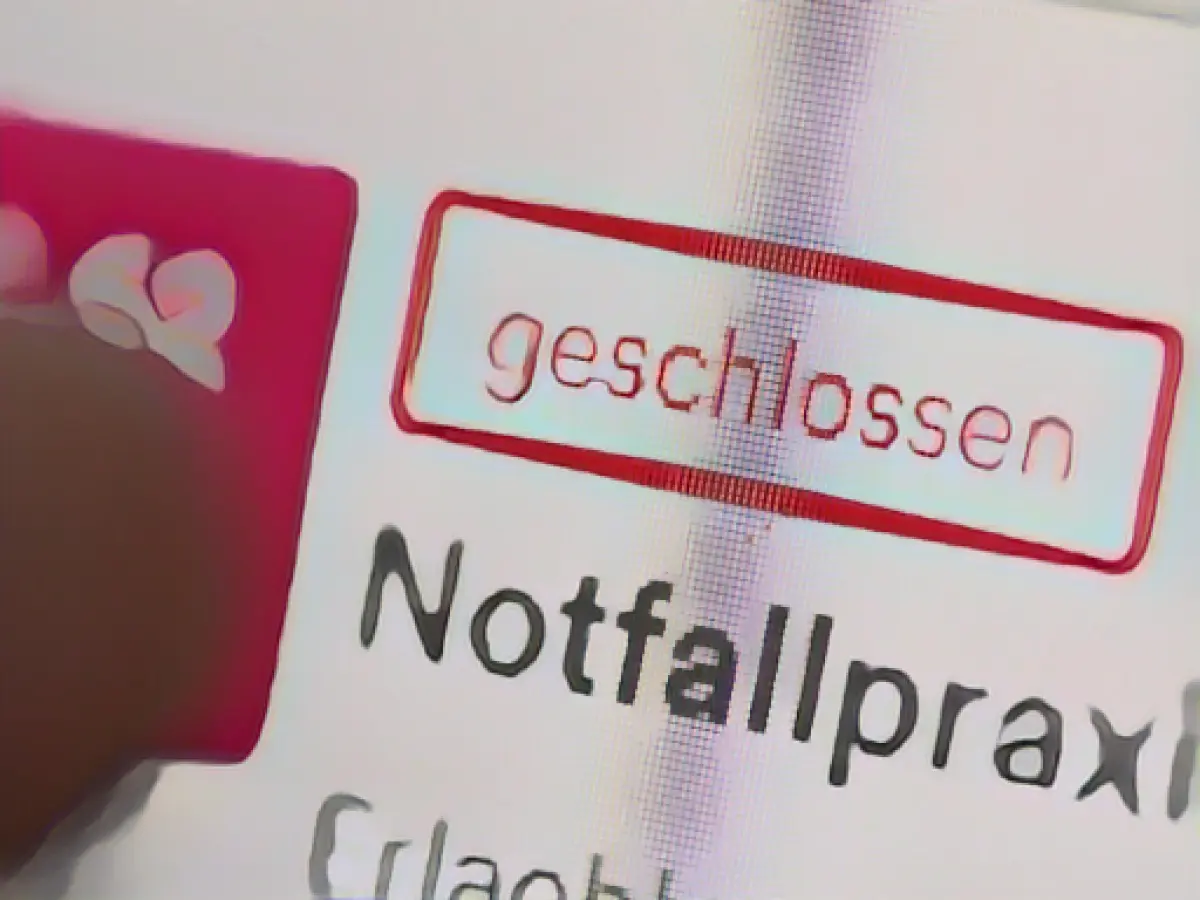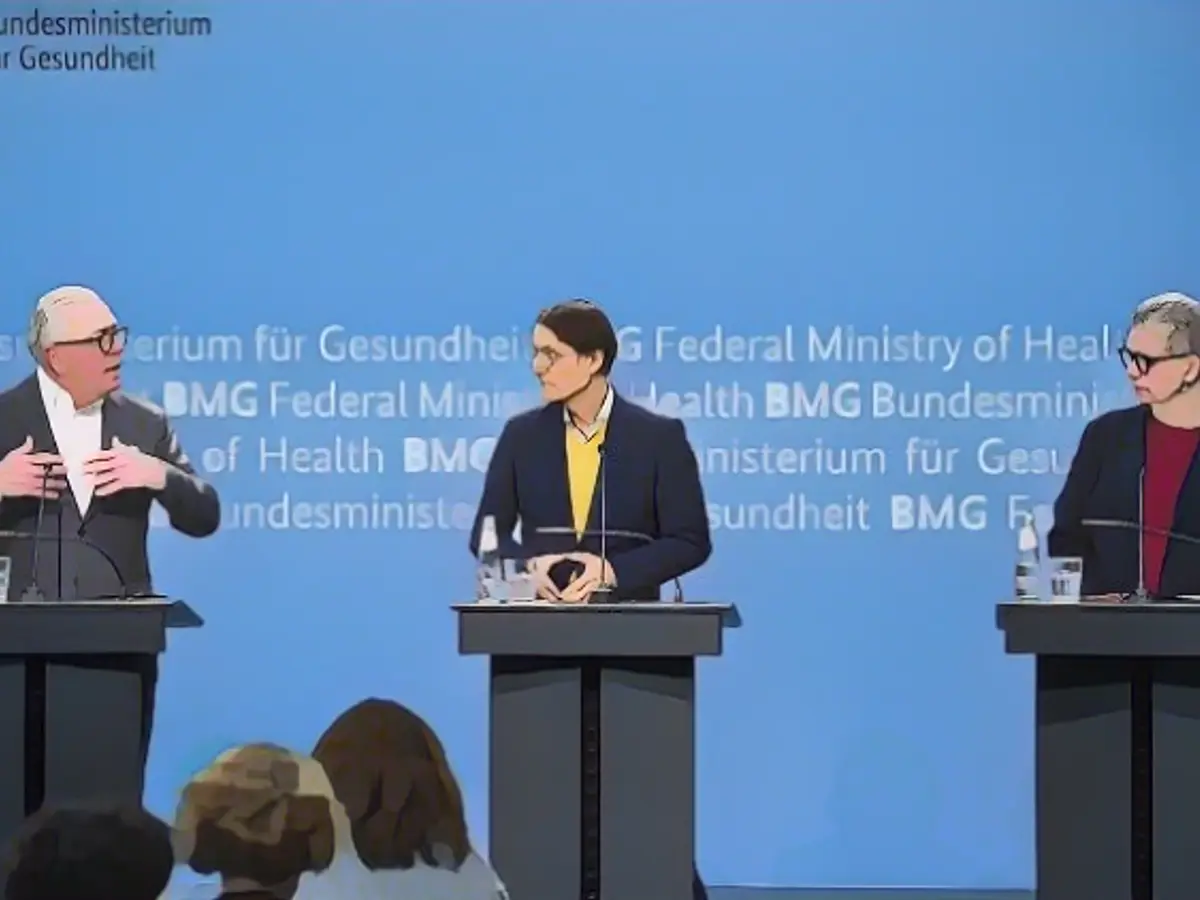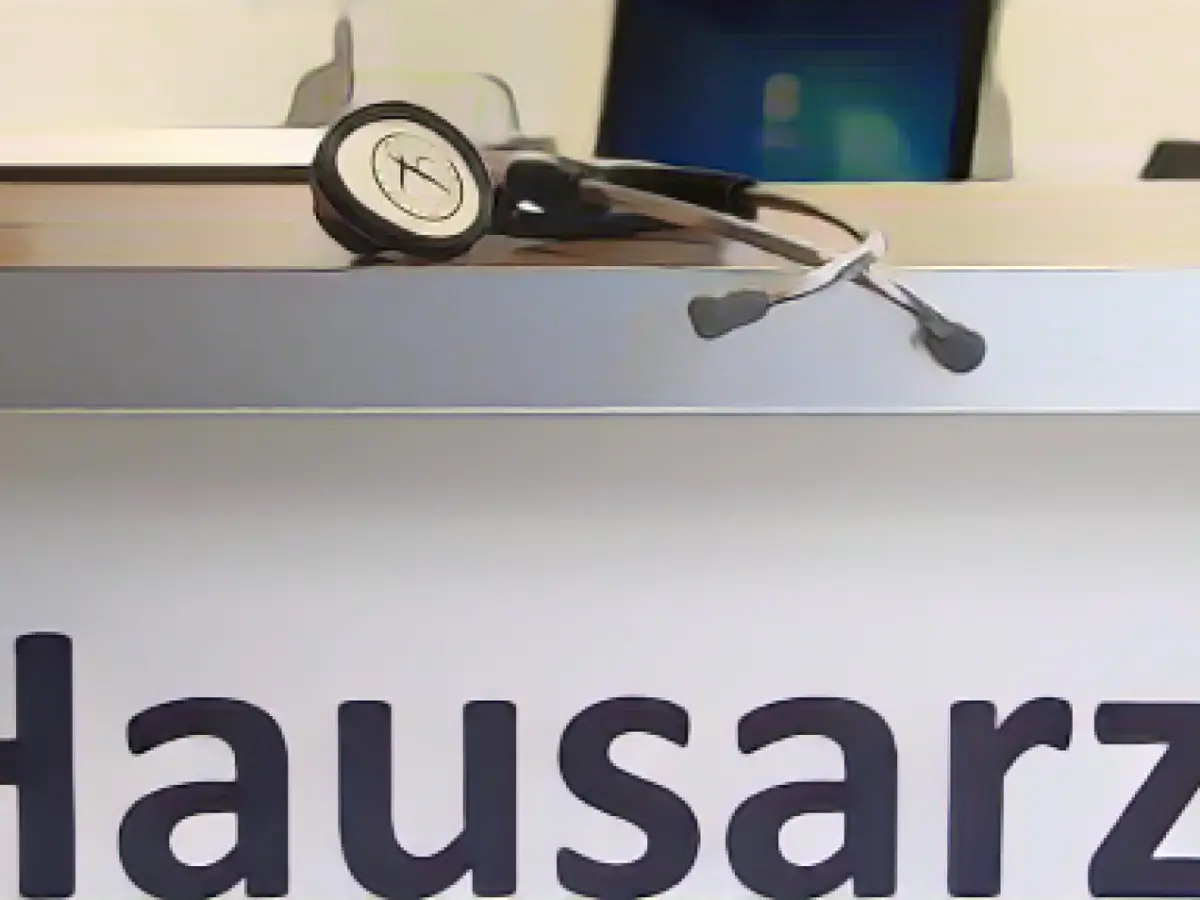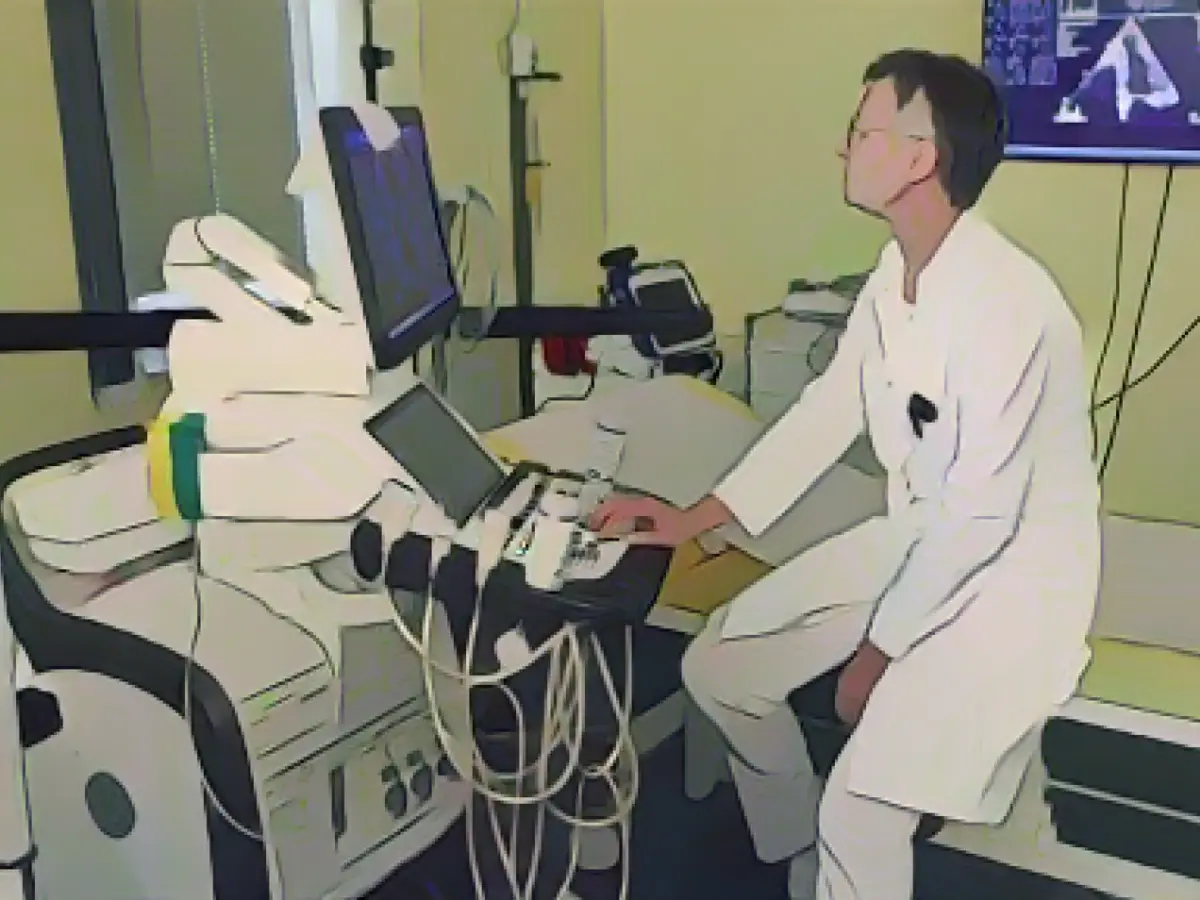"Swift Restoration Unlikely": Emergency Service Changes in Baden-Württemberg
After unveiling an emergency plan for the on-call medical service in Baden-Württemberg, the Baden-Württemberg Association of Statutory Health Insurance Physicians (KVBW) foresees a lengthy process for the service's return to normal operations. A spokesperson explained that they are currently reinventing the structures, aiming to present the initial outline at the beginning of December. However, execution will necessitate a gradual and well-paced approach. "Without a doubt, we'll require a few extra months," noted the spokesperson.
Should the new structures be unveiled, it's uncertain if the emergency service would mirroring its pre-crisis form. When asked if the aim was to fully recover the scope of services from the pre-ruling era, the spokesperson responded, "That's not feasible." Such a transformation is inadvertently imminent, attributed to the discontinuation of what's commonly referred to as pool doctors. These are healthcare providers not affiliated with health insurance funds, primarily hospital staff, doctors-in-training, or retired physicians.
Following a court ruling, the KVBW announced at the end of October that it would dissolve pool doctors' activities with immediate effect. This decision, due to the inability to fill the resulting void, prompted the closure of eight emergency facilities and the partial closure of six practices during the week. Furthermore, the operating hours of nearly all remaining practices were reduced.
Although the KVBW maintains that emergency care remains available in Baden-Württemberg, nearly half of the required duties were handled voluntarily by pool doctors. Consequently, patients might experience longer waiting times at some facilities. Despite the closures and modifications, the KVBW asserts that more than 100 emergency practices remain operational during weekends and public holidays.
Alarmingly, clinical professionals have observed an uptick in individuals seeking assistance at hospital emergency departments. Sylvia Ottmüller, state chairwoman of the Marburger Bund doctors' union, expressed concern, stating, "Regrettably, our fears have proven true. Members report that a substantial increase in patients is seeking help in hospital emergency rooms." Overburdened staff in emergency departments are struggling to cope, nearing their limits. Ottmüller reiterated her demand for the KVBW to prioritize patient care and swiftly abolish the restrictions on outpatient emergency services.
The Baden-Württemberg Hospital Association (BWKG) shares this perspective. Matthias Einwag, Managing Director of the BWKG, argued that the so-called emergency break would actually result in losses for both patients and hospitals. With remaining emergency practices undergoing a significant redesign due to the pool doctors' discontinuation, hospitals are grappling with increased patient influxes and overworked emergency department staff.
To summarize, the emergency medical service in Baden-Württemberg must undergo extensive restructuring in response to the termination of pool doctors and a court ruling. Despite the restrictions, hospitals have reported a surge in patients seeking aid at their emergency departments, adding to the already stretched resources and medical professionals working in these critical areas.
Insights: The KVBW does not have a clear timeline for restoring the previous scale of emergency medical services. To better comprehend the situation, consult specific reports or updates from the health authorities in Baden-Württemberg, such as statements from the state's health ministry or local health services.








